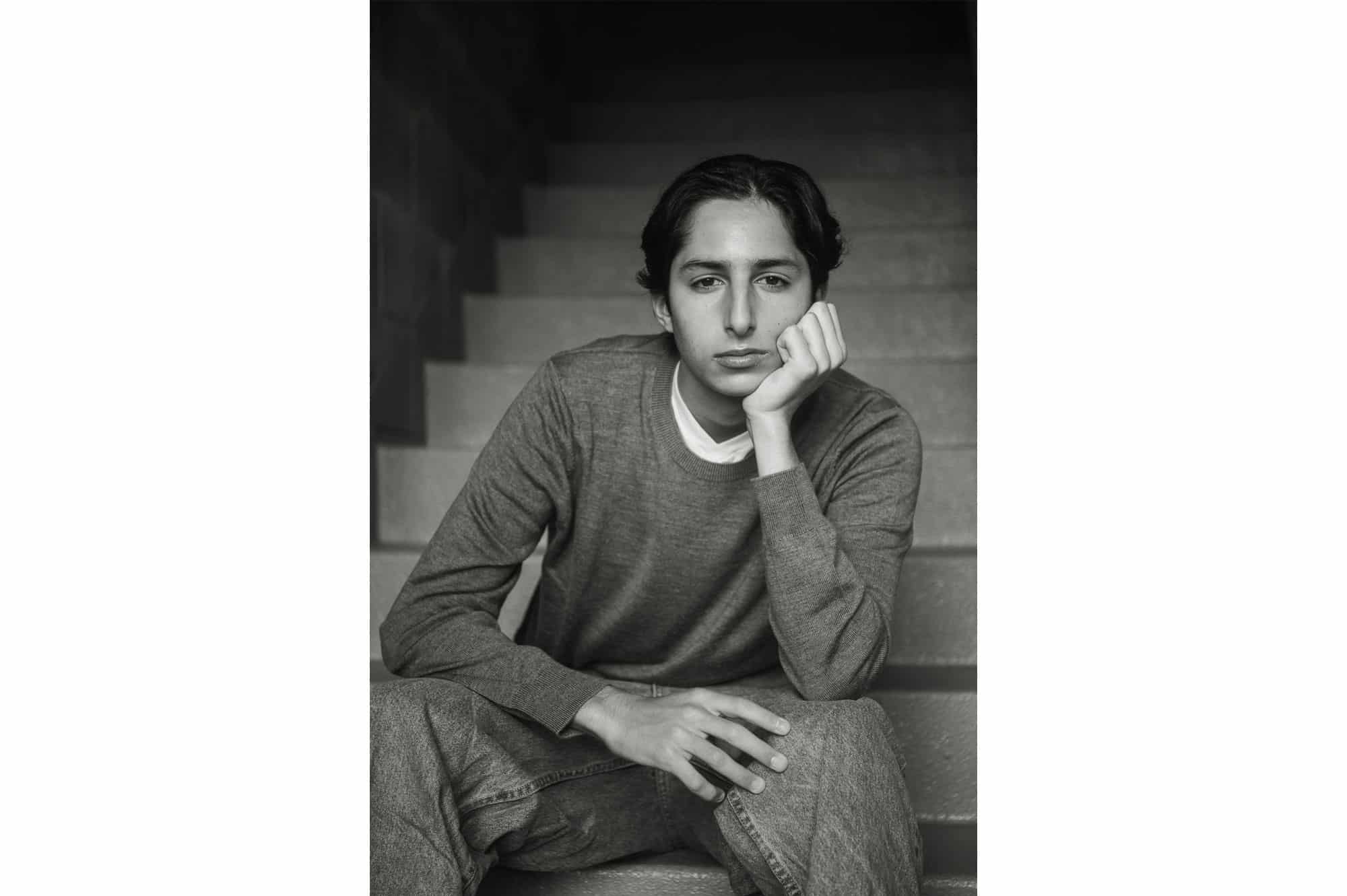Many of us have felt exasperated by the bombardment of political news in recent years, angered by the lack of integrity of our elected officials, even growing uncomfortably numb to the increasing atrocities being committed all over the world.
But there is always hope. And as we aspire to a better and more honest future, we must acknowledge the influential role Generation Z are now playing in the political world.
Many were expecting a ‘red wave’ during November’s midterm elections in the US, but instead a sea of young voters turned it into a ‘red whimper.’ Gen Z-ers, born between 1997 and 2012, turned out in record-breaking numbers, opting for Democrats by 25 points, and helping the party win key battleground states. These young voters — sometimes referred to as the ‘purpose generation’ — also voted for President Joe Biden in the 2020 general election more than any other demographic. Regardless of your political leaning, these young people deserve credit for showing up, engaging in the process, and making a difference.

This passion and purpose is exemplified by Luke Gialanella, a 17-year-old who is fighting for young people to be better informed about civics and the political process. At just 11 years old, after having his interest captured by the 2016 presidential election, Luke founded GOVLEARN, a non-profit organization committed to providing accessible and nonpartisan government and politics education to elementary and middle school students. Realizing that there was a severe lack of substantive civics education in schools, Luke set out on a mission to correct that. And although he is still too young to vote himself, Luke is ardent about informing and educating schoolchildren on the basic tenets of government and democracy, so they can make more informed decisions when they are older.
For all the issues surrounding social media and the role it plays in sharing the misinformation that is challenging honest political discourse, Luke is among a generation who are embracing the new resources of the digital age to educate themselves and others. Thanks to social media and the internet, young people are more informed and engaged than ever before. They are passionate about their right to have a voice and focussed on fundamental change, committed to leveling the playing field for all citizens. And as this generation gains further experience and opportunity, these movements continue to gather momentum.
Personally, I have only become genuinely engaged in politics in these last two decades or so. I wasn’t educated in politics as a kid, it simply wasn’t on the school curriculum, as remained the case for our children. So I find great hope in Luke’s mission, and it was a truly humbling and positively reassuring experience to interview him and learn from his dedication, knowledge, and perspective.
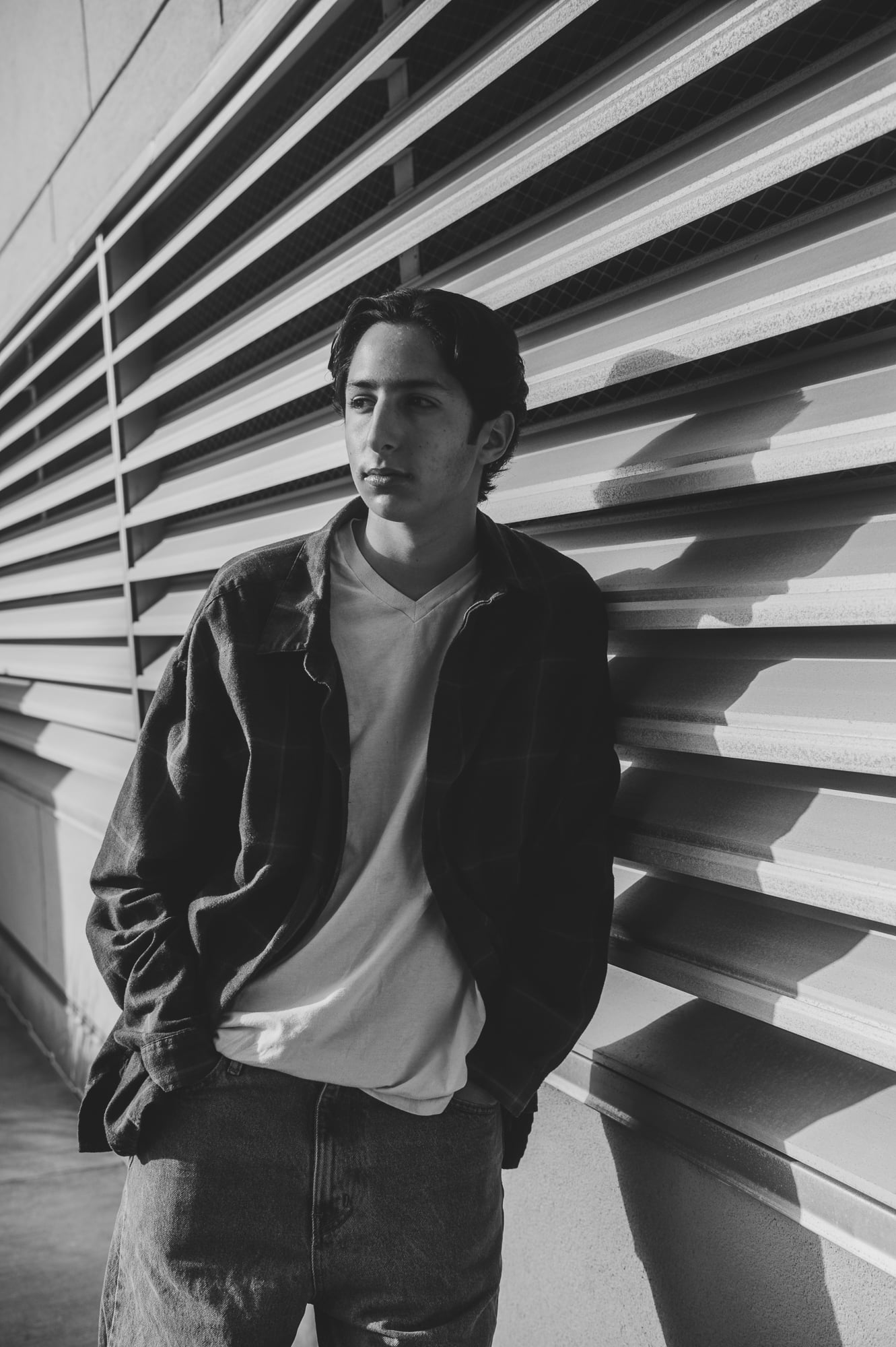
How and when did you become aware of politics?
When I was much younger, maybe three or four, I was really passionate about geography and I loved atlases, maps, flags, and countries. That was really what captivated my interest, and you can’t learn about that subject without getting some minimal understanding of politics and geopolitics. And following that, I developed more of a passion for history, and history is an inherently political subject. So by studying history, I was able to gain a more complete picture of government, but not a totally complete picture. In 2015, I visited Washington DC and was really inspired. It was around the time that the 2016 elections in the US were kicking off, and I just got very into it and was very active and engaged in the process, which was unconventional because I was very young during that election. And after the election I just continued to stay passionate, informed, and engaged.
Did you have a mentor at school or a teacher who really encouraged you?
No, I am not engaged in these things because of any mentor or teacher. GOVLEARN, which I’ll get into, and my study of government, geopolitics, and everything else in that field was self-motivated. There have been teachers that have been supportive, but part of why I’ve been able to do this is because of the internet — being able to have access to all of that knowledge online was very helpful in allowing me to explore this passion without any need for support.
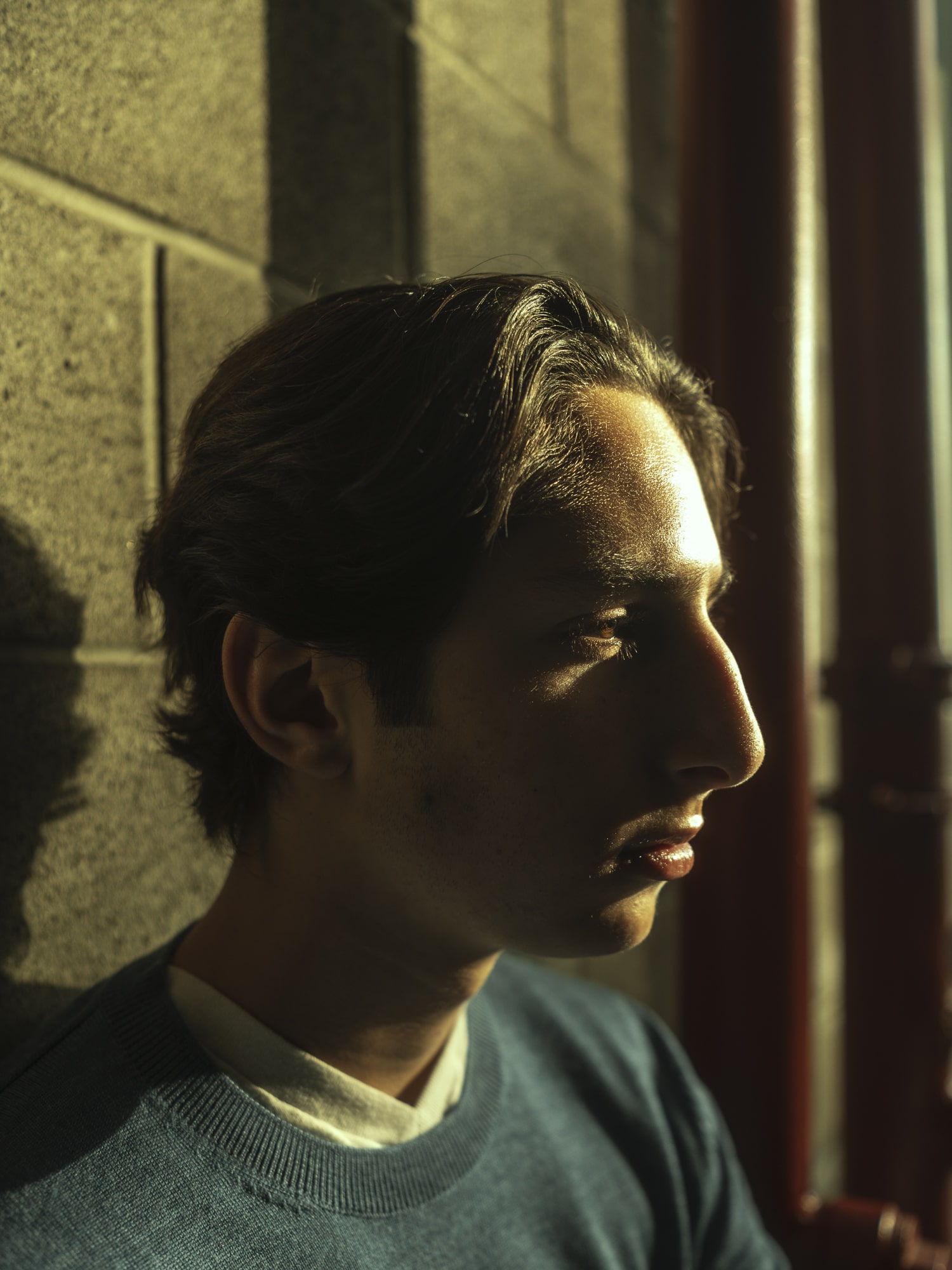
So what inspired your interests?
I think what separates government and politics from any other subject is how much it affects people on a deeply personal level. I think every subject has a way of affecting people, but government is the most direct way of changing society as a whole. And I think studying government and understanding local governments, the federal government, and international relations is just so helpful in becoming a better global citizen. I think that the government moves society forward, and sometimes backwards, and that is just fascinating to me — understanding the trends behind that, and understanding what role individuals have in the grand systems at play.
You’re so articulate, you’ve given me the shivers. Who is your favorite politician?
That’s a good question. Being nonpartisan, I’ll try to stay away from present politicians. Congresswoman Shirley Chisholm is a very inspiring figure to me. She was an advocate of women’s rights and civil rights, and she is an example of the kind of politician I think this country and the world needs. It’s someone that really believes in what they’re saying, and isn’t motivated by any underlying need for power, but instead just a need for equality and justice, with a deeply ingrained passion for positive change. And to balance it out with a more modern perspective, I think it might be controversial, but I think both Bernie Sanders and John McCain represent varying perspectives but also a similar passion, desire for action, and respect for the system that I think is now lacking in a lot of politicians on both sides. That sort of commitment and integrity is something that I really value, that I’m continually inspired by. You can find people like that on both sides of the spectrum if you look past your initial biases.
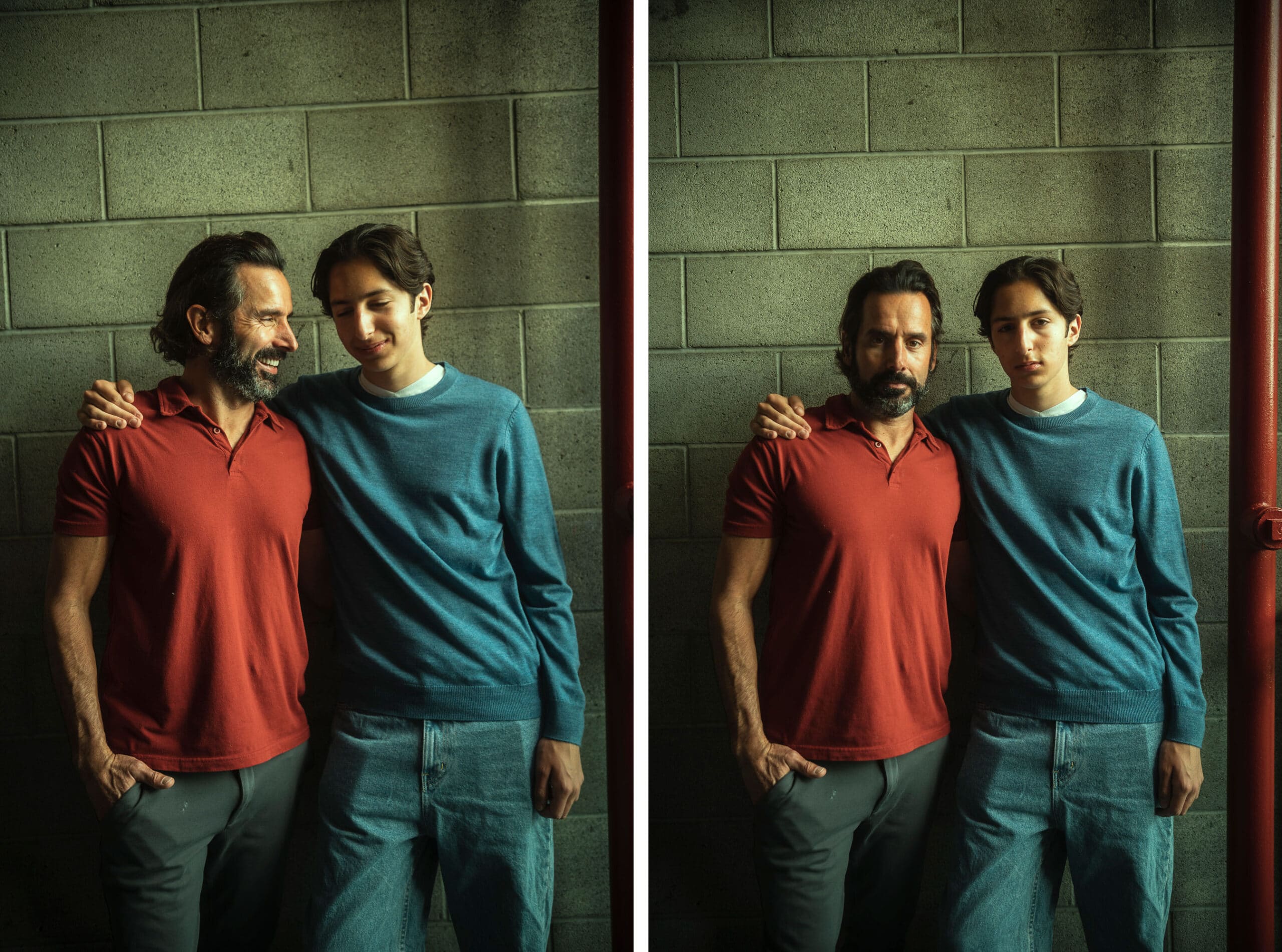
Do you have a favorite political speech? For me, Martin Luther King Jr’ ‘I Have a Dream’ speech in 1963 comes to mind.
I’m really amazed by Franklin D Roosevelt’s first inaugural address in 1933, in the midst of the Great Depression and amid rising tensions in Germany, Europe, and elsewhere. It was a really crucial time and I think that’s an example of a political speech that unites the nation in a way that’s very effective. I think that political speeches recently have been more focused on a candidate strengthening their base. But I think the most effective speeches are the ones that don’t do that, and appeal to everyone, promoting a greater sense of decency and humanity towards people.
Why do you think Gen Z kids ought to be engaged in politics?
Gen Z is the new wave of voters. Every election cycle, more members of Gen Z are becoming involved. Like I said before, the internet really changed everything. And I think Gen Z is the most chronically online generation that there is. Simply having access to information, and misinformation, at the same time can lead to a really dangerous, but also really fascinating, new demographic. I think Gen Z is also the most engaged young generation in politics that we’ve seen, maybe since the Vietnam War and the protests at that time, or maybe even more than that. We are such a different generation from those that came before.
I think, in order to really be engaged, you have to vote. And you have to stay well informed, which is complicated and hard in these times. But I think Gen Z should be engaged because we are becoming voters, and the decisions being made don’t always accurately represent us. I think having a diversity in generational standpoints in government, or just in society as a whole, is really important for it to accurately represent what people want, or what people need, from their government.
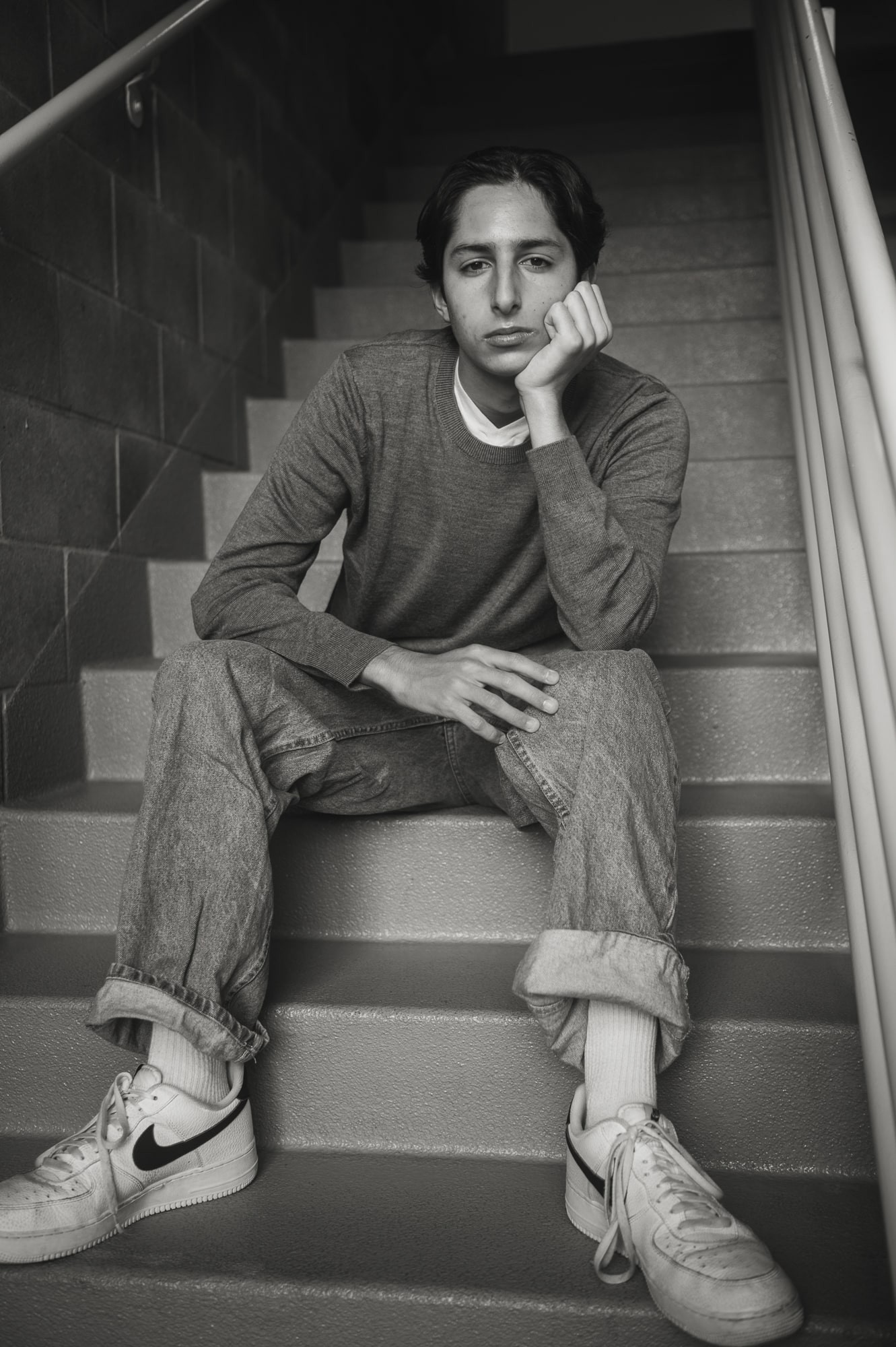
Do you think US schools do enough to educate kids about the importance of politics?
No. I think the US system is certainly lacking in civics education. Federally, there is a semester requirement in public schools for US government to be taught. I do not think a semester in high school is enough to adequately get a grasp on government. I think one of the hesitancies of education officers and politicians in the US about providing civics education is how biased it can skew. Even history classes in some states are vastly different to what’s taught in other states based on what political views the powers that be may have. Still, I think that having an understanding of government and politics, both in the US and abroad, is very important because when people turn 18 and they start voting, they should be as adequately informed as they can be. And the internet only does so much. I think just gaining that skeletal perspective that you can then build on with your own views and your own opinions is really important. And that’s what inspired GOVLEARN, and what I keep in mind every day as I continue to work with it.
Are you planning to become a politician?
I don’t know. I want to study political science or international relations in college and I want to pursue a career in those fields. I don’t know what that looks like yet. I’m still in high school, I’m still learning. I’m not pretending to be a fully informed person yet. But I think that I want to do something in that field, whether it’s advocacy, being an elected official, or just working in diplomacy, whatever that may bring.
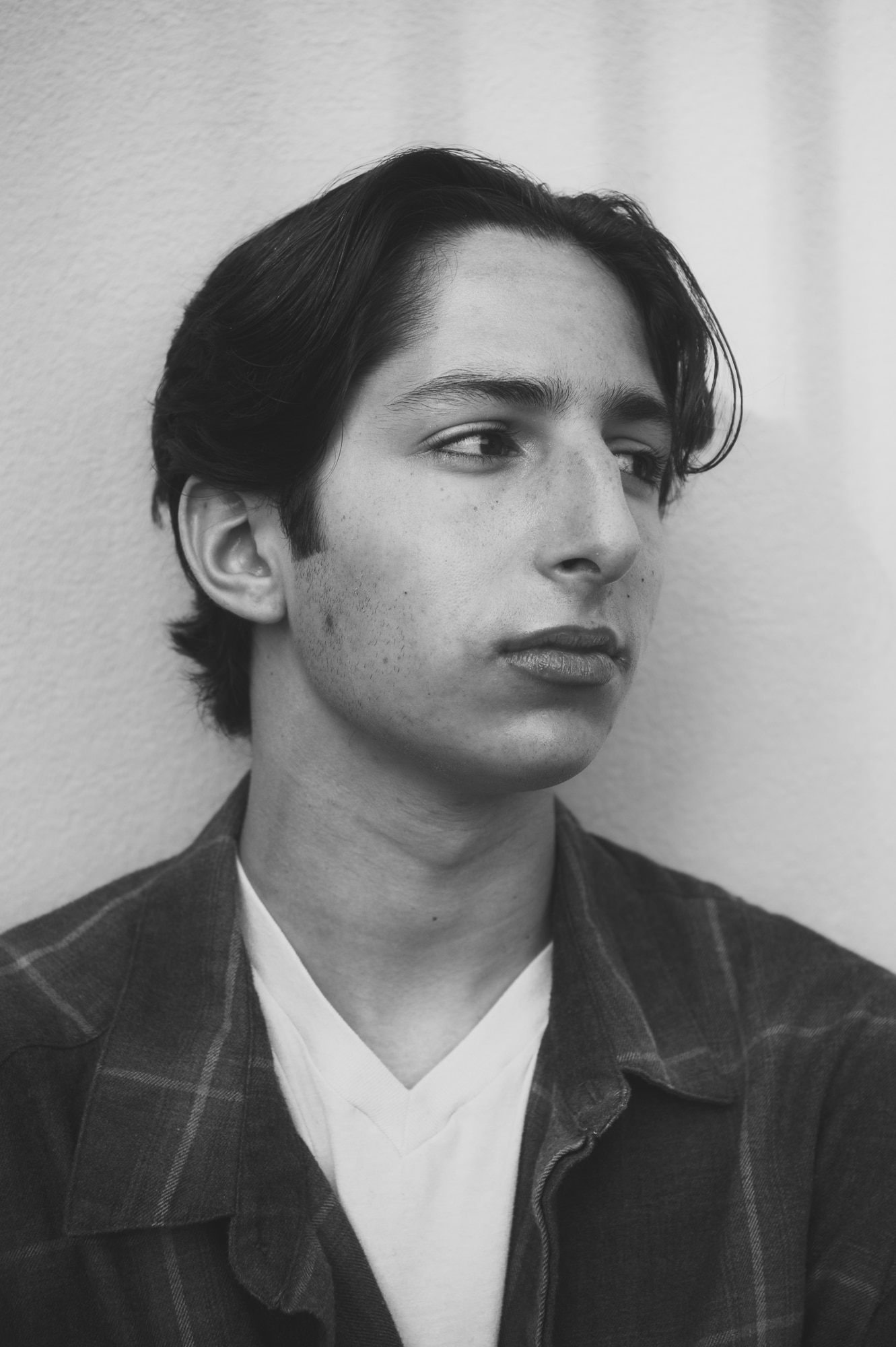
What are your views on the rise of conspiracy theories? We’re being flooded with them at the moment.
I just think it’s easier to be misinformed online than it is to be misinformed in real life. That is dangerous, and a lot of the conspiracy theories that we’ve seen have originated online. I guess what I have to say is, be careful. Make sure you’re getting knowledge from unbiased perspectives and reliable sources.
How do you deal with pushback from your peer group?
I think as a high schooler, and a senior in high school, the college process is very much a root of competition. And I think the biggest pushback I’ve had from peers is rooted in the competition over college admissions. One of the things I’m cautious about is how much competition there can be in something that should be a uniting force. So as for pushback, I just simply move forward and continue working on what inspires me, what I think is important, and what I think can impact and inspire others in the future.
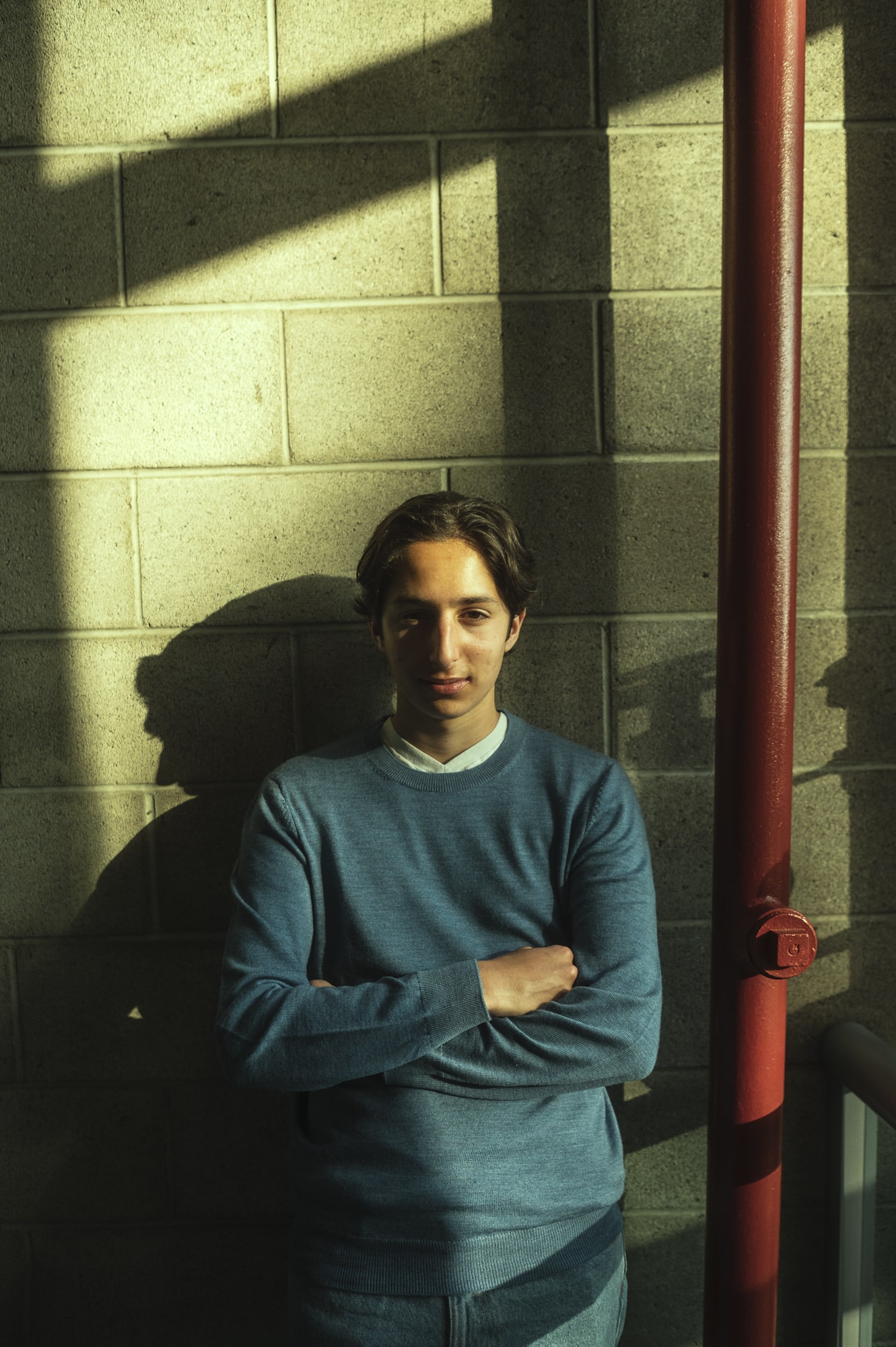
So what’s your strategy for getting your age group to engage in politics?
I think a big reason why young people aren’t as involved as they should be is because they’re often hearing from voices that are much older than they are, and voices that aren’t relatable. One of the key tenets of GOVLEARN has been young people teaching young people. No condescending nature or assuming that people should know things. Just engaging in conversations and treating the students as equals. That is what I think engages young people. That’s the approach that I’ve taken with my organization and it’s one that I think has been pretty successful.
What are the issues you’re most passionate about?
Civics education is the one that most people know me for, but I’m also really passionate about homelessness, which is a big issue in Los Angeles. Last year for a school capstone project, I studied mental illness and mental healthcare as it relates to homelessness and deinstitutionalization in California and abroad, and how that has increased homelessness.
What does deinstitutionalization mean?
When Ronald Reagan was governor of California, and when he was president, there were a lot of deinstitutionalization campaigns, which essentially defunded and shut out mental institutions. Obviously the people that were in those institutions didn’t have anywhere to go or any support. And since then, mental healthcare systems in the US have been dysfunctional or just not there at all.
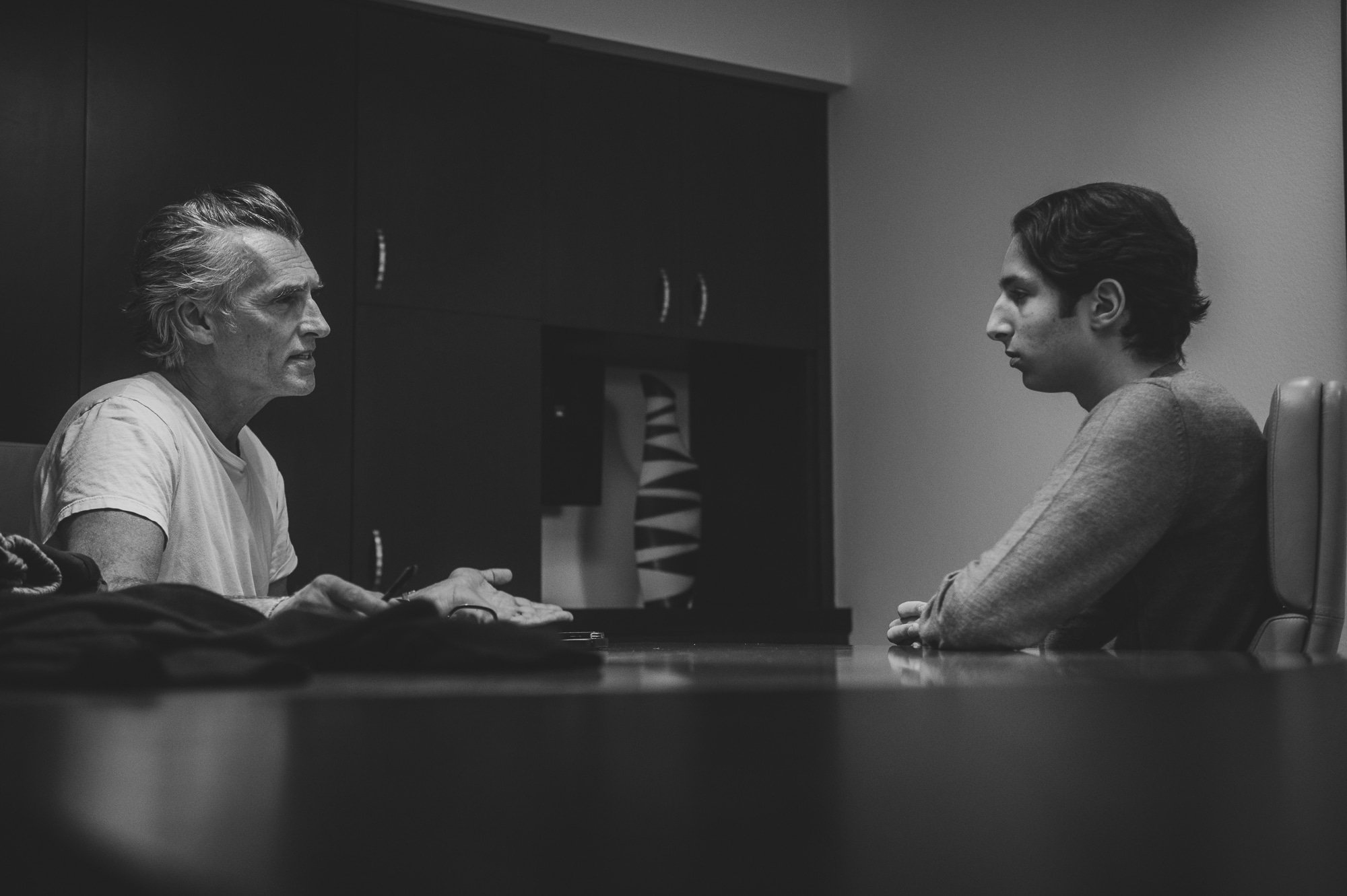
Tell us a little more about the process of setting up GOVLEARN. How old were you?
I started GOVLEARN as a YouTube channel in 2017, when I was 11. In the following years, before COVID, I was teaching in-person classes with younger students. So I was around 12, engaging with seven to 10 year olds, and that was really exciting. I think people often forget how observant young people are, they know what’s going on.
That’s what continues to inspire GOVLEARN, and shifted the key mission from not just creating content for people to learn, but to raise awareness about the lack of civics education and work with the government, which has sometimes been a difficult thing to do, to integrate civics education into curriculums. And we became an official 501(c)(3) nonprofit in 2020.
You’re an incredible young man. So articulate, and an absolute breath of fresh air. Is there anything else you are passionate about? Sports, movies, music?
I’m big on creative writing. I love reading and writing. I love poetry. ‘People’s History of the United States’ by Howard Zinn is one of my favorite books, although that’s non-fiction. I also love the ‘A Song of Ice and Fire’ series by George RR Martin, which was the basis for ‘Game of Thrones’.
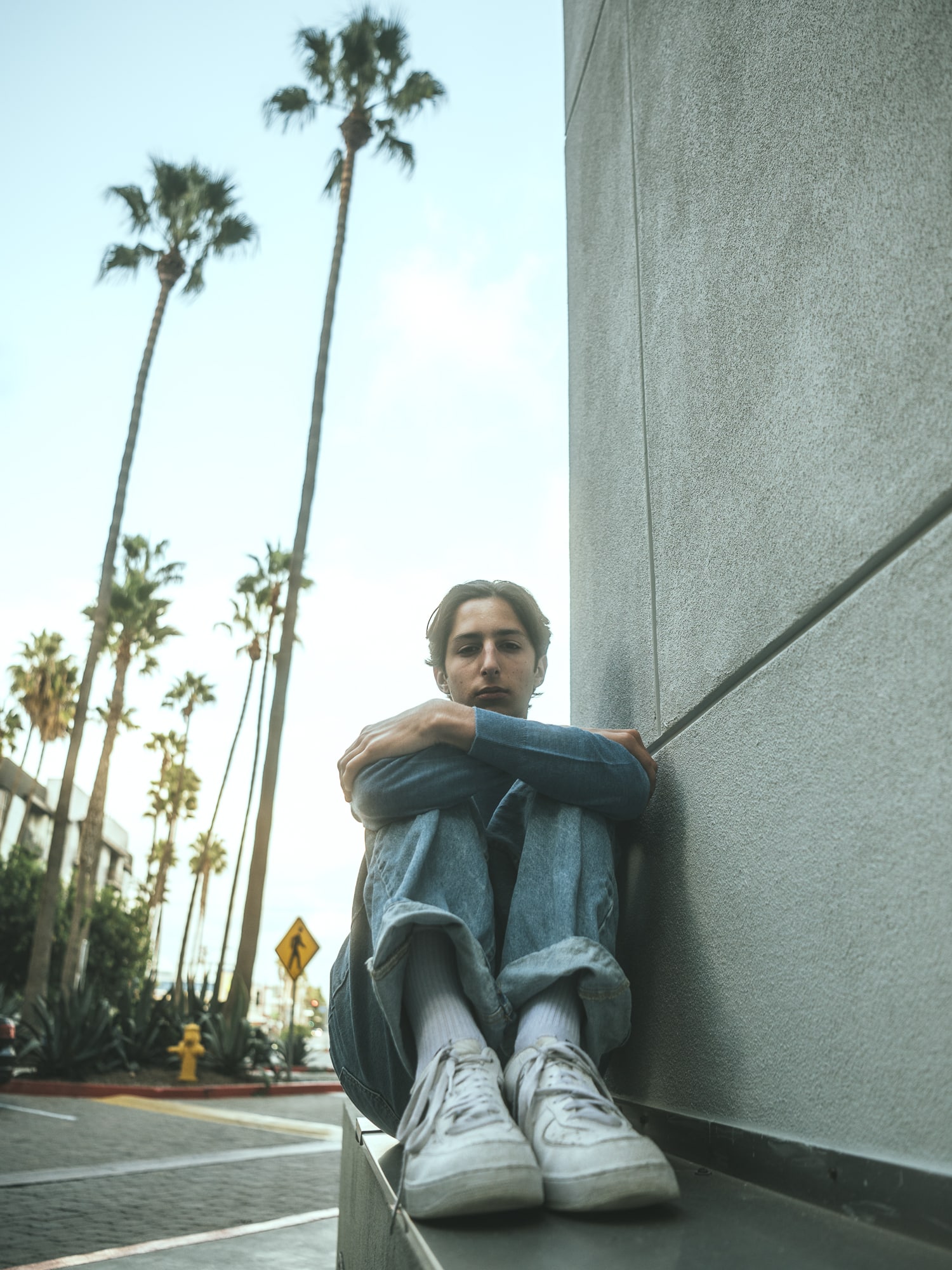
Learn more about GOVLEARN


